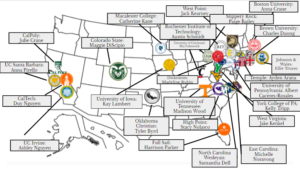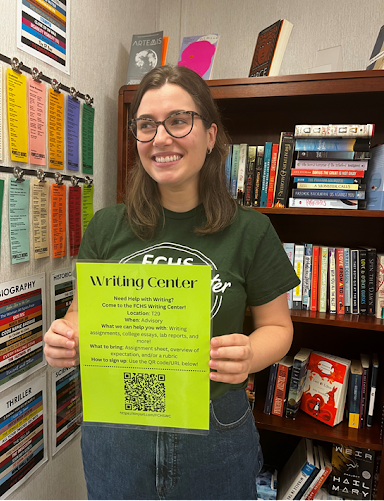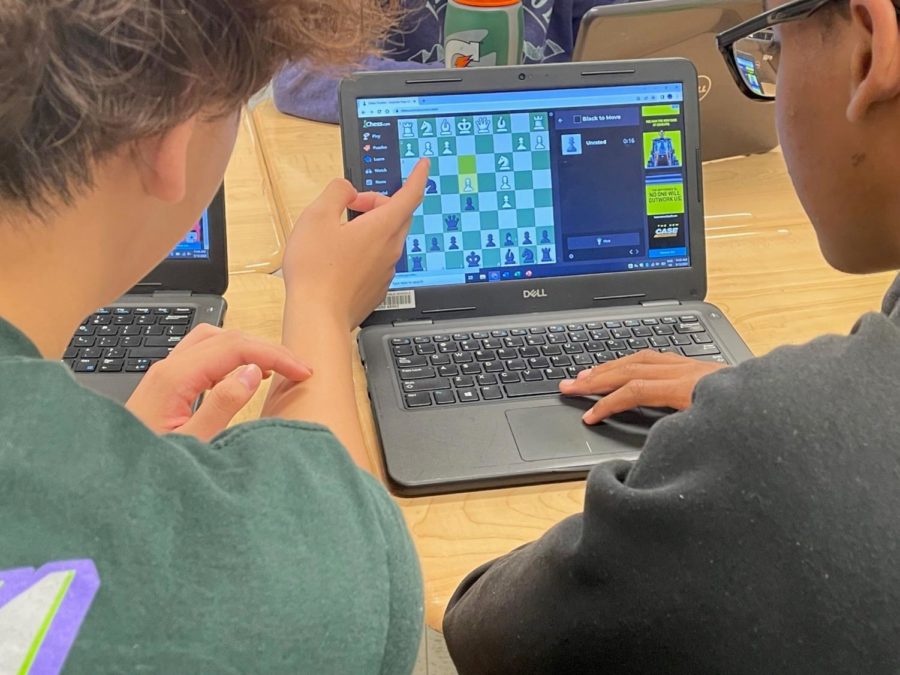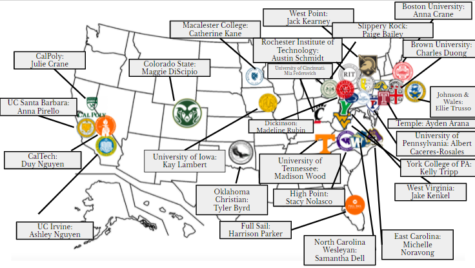Survival Tips for the Holy Month of Ramadan
April 24, 2017

Beginning in the evening of Friday, May
26 and ending in the evening of Sunday, June 25,
this year Ramadan coincides with the school year.
Fasting during Ramadan begins 20 minutes before
dawn and ends at sundown. It applies to able-bodied
adults, meaning that children, pregnant women,
travelers, the elderly, and the ill are exempt.
Those who fast must abstain from eating, drinking,
and sinning.
You can follow the steps listed below to
prepare for the upcoming holy month. Even if
you’re not Muslim, consider taking note because
these tips may be helpful to you if you’re Catholic
and you fast during Lent, or if you’re Jewish and
fast during annual fast days, or if you plan to fast
with a Muslim friend.
Eat a Healthy Breakfast
“Suhoor,” the pre-dawn meal consumed
before fasting, is one of the most important meals
to eat during Ramadan, as it provides your body
with critical nutrients to help it function until sundown.
Try to avoid foods full of fat and sugar and
instead, choose foods that consist of carbohydrates
and protein, like brown rice and eggs. It’s important
to fill up on water too, but if you’re not a fan,
you could make a healthy juice instead.
Sometimes it can be difficult to cook a decent
meal every day when you’re living in student
accommodations, so cooking meals in advance
and storing them in your fridge can be helpful. You can also visit your local mosque, since many organize
communal meals during Ramadan.
Avoid Overeating
During “iftar,” the meal that breaks the
fast, it can be tempting to eat just about anything
set before you as soon as the sun sets, but it’s important
to take it easy. Drink water to rehydrate,
and slowly eat whole grains and foods that have
protein, fiber, healthy fats, and nutrients. Many
scholars advise to fill your stomach with “1/3 of
water, 1/3 of food, and 1/3 of prayer.
Adjust Your Schedule
The altering hours of eating and sleeping
during Ramadan mean planning ahead is key. Make a timetable by designating a specific
time for each one of your daily tasks while including
religious activities and try to stick to
it. Don’t forget to consider test dates and SOL’s.
Planning when and how to perform these activities
is essential so that you can make the
most of Ramadan while not compromising on
completing your school work.
Muhammad Faisal (10) stated that to
him, Ramadan is “an opportunity to practice
self-control” and “a way to benefit your health
if you do it the right way”. Muhammad fasts because
it teaches him to “feel compassion for
those who are less fortunate. It also strengthens
my commitment to faith and spirituality.”













